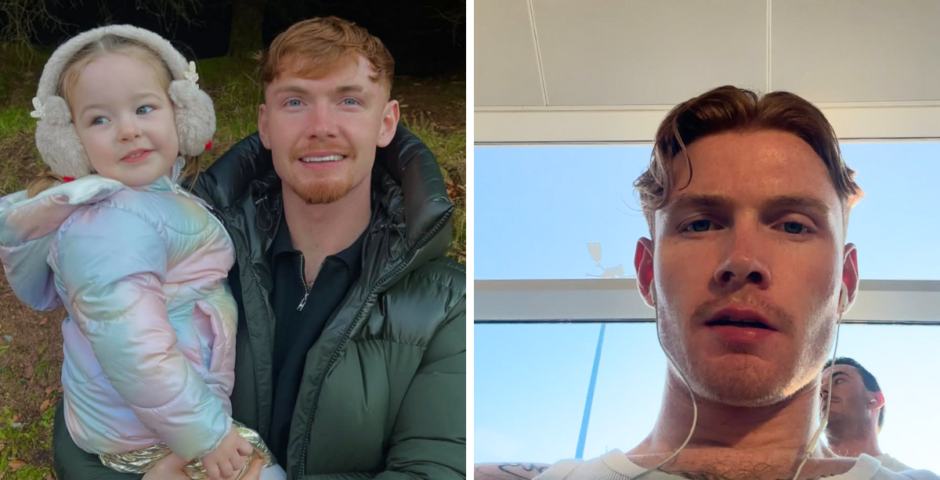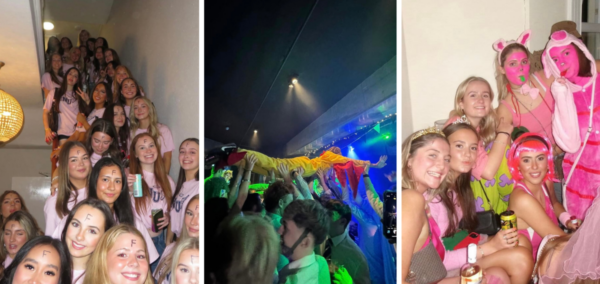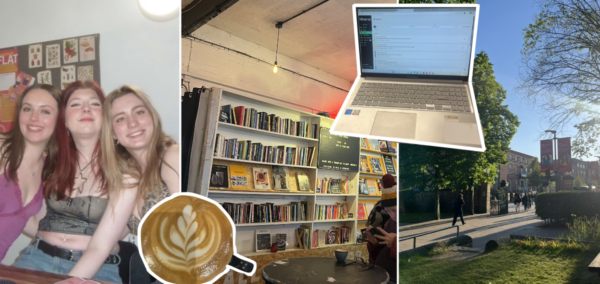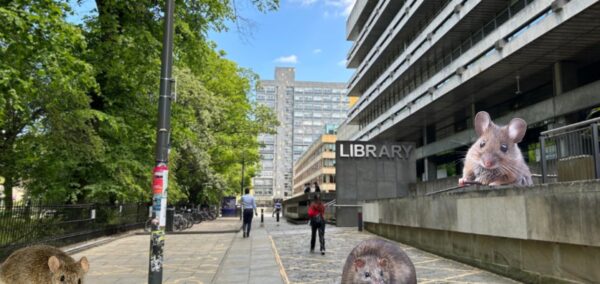
Two Swansea University students ‘effectively expelled’ after attacking man on Wind Street
The judge called it a ‘drunken, persistent, merciless and cowardly’ attack
Two Swansea University students have been “effectively expelled” following an attack on a man on Wind Street.
James Harrison, 19 and Oska Powell, 19 assaulted their victim during a night out in Swansea city centre.
The assault, which Judge Paul Thomas KC called a “drunken, persistent, merciless and cowardly” attack happened last year during Halloween weekend on the 29th October and left the unnamed man with “a broken and deviated nose, a fractured eye socket” and other injuries.
In his impact statement, the victim said that he is unable to play rugby after the assault, something that was very important to him, and now feels “less safe”.
Tom Scapens, the prosecutor, said that there was clearly an “issue” between the parties which at first seemed like “banter” but it still appeared to give “rise to the defendant Powell wanting to engage some form of physical revenge”.
According to Wales Online, Swansea Crown Court heard that Powell approached the victim whilst he was alone on his phone and pushed him over before kicking and punching him.
Harrison, who had been buying takeaway said that he saw “the two men brawling and went to protect Powell”.
Acting “in the heat of the moment”, Harrison then joined the assault, kicking the victim in the head as he lay on the floor against a wall.
It was also said that members of the public had tried to intervene and stop the assault but the pair continued their attack before eventually walking off.
The court then heard that police officers had come across the injured victim but due to his level of intoxication, they had to consult Swansea’s CCTV control room to identify Harrison and Powell.
The two were detained shortly after while they queued for a taxi.
Most Read
During their police interviews, the court heard that Powell answered “no comment” to all questions asked, whilst Harrison admitted to his involvement in the assault and said that earlier that evening the complainant had “ruffled” his friend’s hair and broken his neck chain.
Harrison’s defence, Emily Bennet, said that he had never troubled the courts before and that letters from his family members spoke to his “many positive qualities”.
She added that due to the incident Harrison had been unable to continue his studies at Swansea University and had returned home to Ireland, where he worked as a lifeguard and swimming instructor while having to rethink his career.
The barrister then said that Harrison had enrolled at Limerick University to pursue a medical engineering degree and invited the court to suspend the custodial sentence which was due.
For Powell’s defence, Giles Hayes told the court that living and studying in Swansea had been the defendant’s first time away from home.
Following his conviction Powell was “effectively expelled” from university and returned home to Essex where he began to rebuild his life and his career by training as a carpenter.
Hayes said that Powell had made no excuses for his actions.
Appearing in the dock for sentencing, Harrison and Powell both pleaded guilty to inflicting grievous bodily harm.
Judge Paul Thomas KC told the defendants that in October last year, that they had subjected their victim to a “drunken, persistent, merciless and cowardly joint-attack”.
He said that although the defendants had to be punished by the courts, it seemed that their real punishment had been them “messing up their university placements” and likely losing the careers they had wanted to pursue.
Powell was sentenced to 16 months in prison suspended for two years, ordered to do 150 hours of unpaid work, complete a rehabilitation course, and abide by an electronically-monitored alcohol abstinence requirement for 120 days.
The judge said he would impose a similar sentence on Harrison but would postpone its passing for two weeks to allow enquiries to be made with probation authorities in Ireland about imposing the community-based requirements.
Feature Image Credit: Google Maps
















